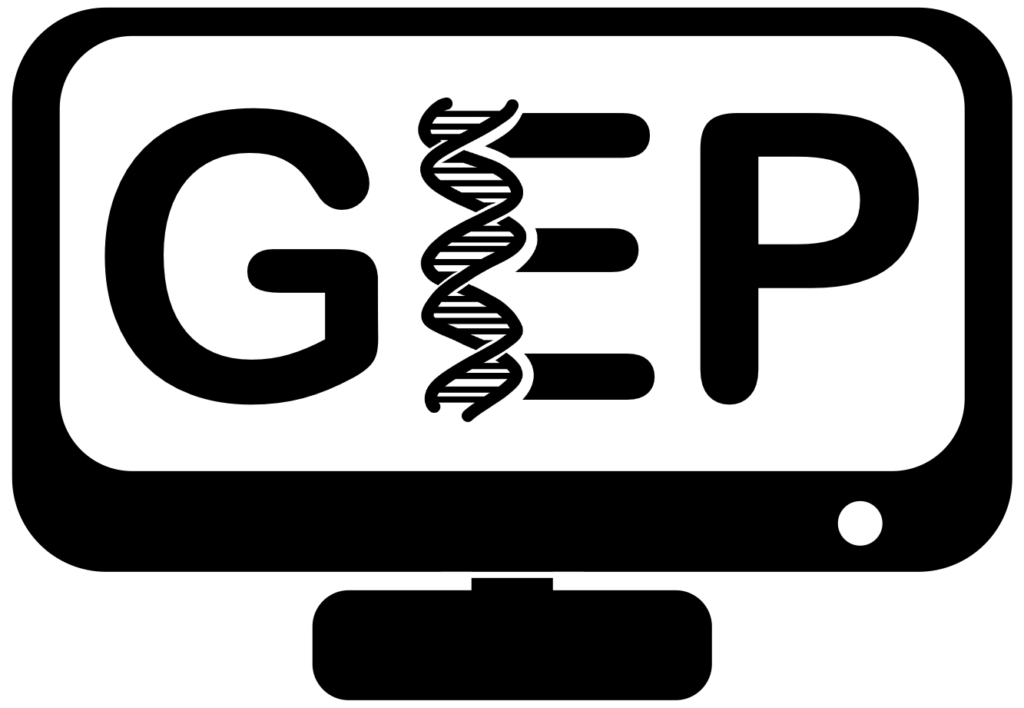Representing GEP at a Conference
Conference Attendance Questions
GEP faculty planning to attend and/or present about GEP (or have their students do so) at a conference or workshop should fill out this form. This form should be completed regardless of whether GEP funding is being requested.
If GEP funding is needed, members must submit this form at least 1 month before the abstract submission deadline.
Conference Presenter Guidelines
- The GEP can support up to 1 faculty per year to attend Project Kaleidoscope (PKAL).
- The GEP can support at least 2 faculty and 2 students per year to attend any of the following priority conferences:
- Society for the Advancement of Chicanos/Hispanics and Native Americans in Science (SACNAS)
- Annual Biomedical Research Conference For Minoritized Scientists (ABRCMS)
- Community College Undergraduate Research Initiative (CCURI)
- National Meeting for the Council on Undergraduate Research (NCUR)
- Association of College and University Biology Educators (ACUBE)
- Southeast Regional Partnership for Undergraduate Life Sciences Education (SERP)
- Institutional Research and Academic Career Development Awards (IRACDA)
The GEP can support up to 10 faculty per year to attend any conference. Any additional resources will be used to support student conference attendance.
- Authors and co-authors are all people presenting at the conference plus relevant people (listed below) and Laura K. Reed.
- Depending on the data being presented, the individuals listed below are suggested co-authors for GEP projects in the following areas:
- Science Education: TBD
- Pathways Project: Laura K. Reed, Chinmay P. Rele, and Katie M. Sandlin
- Parasitoid Wasps Project: Nathan T. Mortimer
- F Element Project: Cindy Arrigo, Wilson Leung, and Sarah C. R. Elgin
- Assessment (student): David Lopatto; Scott Tanner and Amy Hark (for recent and unpublished data)
- Assessment (faculty/GEP community): Sean Gehrke and Anya L. Goodman
- Curriculum: Katie M. Sandlin and Wilson Leung
- micropublications: Chinmay P. Rele and Wilson Leung
It is important that all co-authors read, review, and approve the abstract prior to submission.
Students do not need permission to present their own work at conferences. Furthermore, GEP central staff should not be co-authors on the student presentation unless one of them was heavily involved with the student’s project in particular; that staff member would then have to approve the abstract before it was submitted.
If GEP funding is being requested to cover registration costs, coordinate with Wilson Leung to complete this process.
If hotel accommodations and/or airfare reservations are needed, complete the GEP Travel Form and work with Wilson to secure these arrangements.
GEP offers reimbursements for meal expenses up to the GSA standard M&IE rate of $55.00 per day. Reimbursements will be made through PaymentWorks, the University of Alabama’s system for paying non-employees. The Non-Employee Meal Reimbursement Worksheet is required as supporting documentation for your reimbursement request. Note that expense reports may not include the purchase of alcoholic beverages.
For additional information see the GEP Funding for Conference Attendance Policy.
The following should be included in the acknowledgements sections of posters and presentations regarding funding for GEP projects:
This [poster/presentation/etc] is based upon work supported by the National Science Foundation under Grant No. 1915544 and National Institute of General Medical Sciences of the National Institutes of Health under award number R25GM130517 to Laura K Reed and the Genomics Education Partnership.
Shorter version of the above: Supported by NSF IUSE-1915544 and NIH IPERT-R25GM130517
- Poster template (optional)
- PPT Presentation template (optional)
- GEP logo
- Photos
For assistance with copyediting, formatting, resizing, graphics, etc. contact GEP Staffer Wilson Leung.
- Page Last Updated: June 20, 2025
